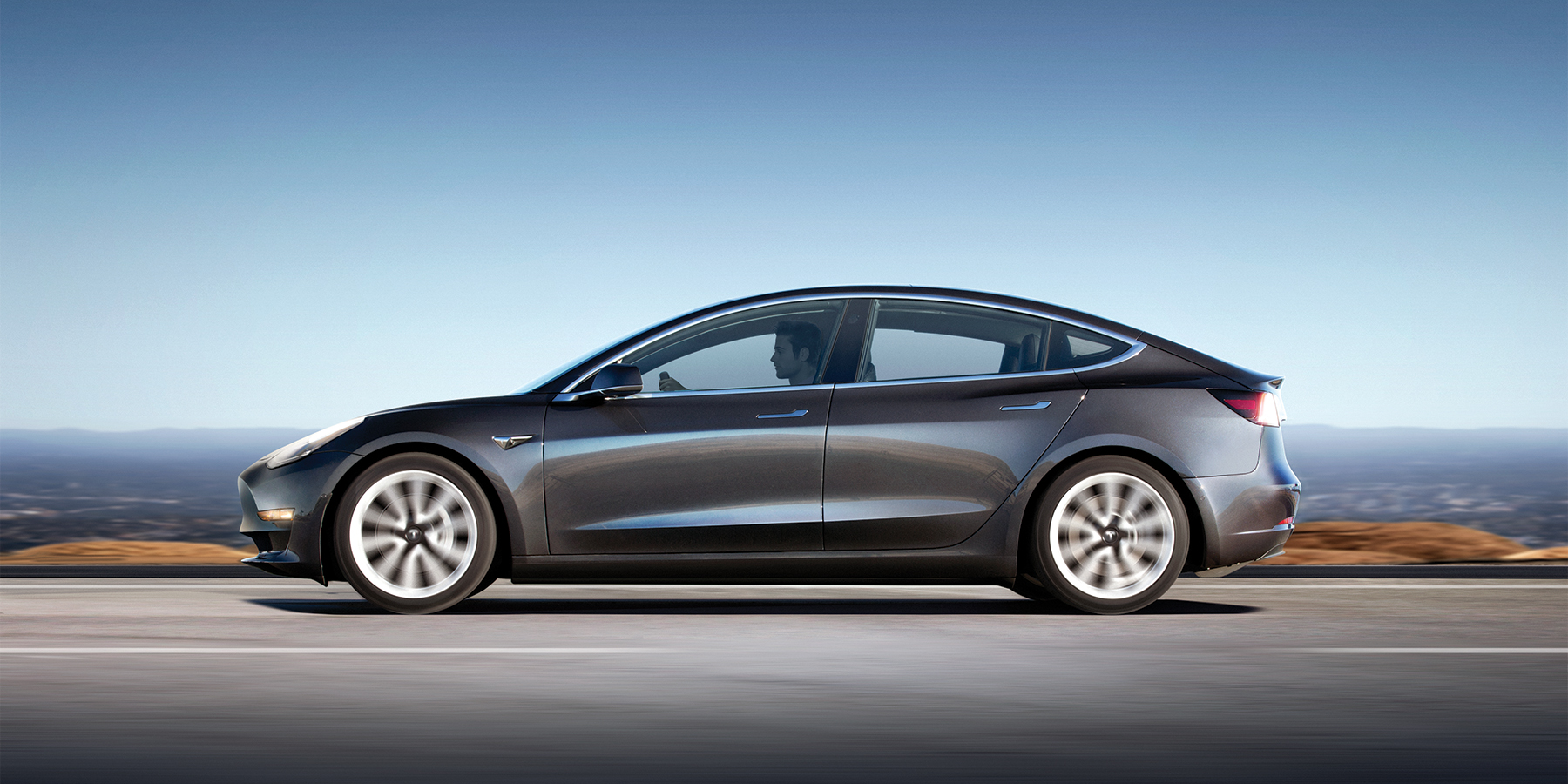Farewell Fossil Fuels
Whether the U.S. emerges as a true leader in electric vehicles remains to be seen.
By Derrick Lilly | Fall 2017

Tesla’s eccentric CEO Elon Musk wins the limelight for
autonomous and electric vehicles (EVs) here in the U.S., but his
luxury EVs aren’t the only ones revving up the automotive and
tech industries. In fact, gasoline and diesel-fueled automobiles
could become things of our past pretty fast, thanks to China.
Touting the largest auto market in the world, China joins
Britain, France, and India as the latest global powerhouse to
announce its intent to ban sales of traditional gasoline and
diesel-fueled automobiles.
Britain and France both pledged to invest billions in electric
infrastructure and halt sales of traditional automobiles by 2040,
and India plans to sell only electric cars by the end of the next
decade. And while China hasn’t yet set its timetable—the country
already accounts for more than 40 percent of EVs worldwide—its plan to transition to fully electric vehicles stands to disrupt the
global transportation and petroleum industries, among others.
China has been providing billions of dollars in research subsidies
for electric development and incentives to buyers, but a new
quota system will require its automakers to steadily transition
production exclusively to EVs, pressuring them to step up
development of electric technology. China has also ordered
state-owned power companies to speed up charging station
installations to increase the appeal of EVs and help curb oil
imports and environmental issues.
International automakers are already taking note. Volvo Cars,
owned by China's Geely Holding Group, plans to make electric
cars in China for global sale starting in 2019; Mercedes Benz
will offer electric versions of all its models by 2022; Honda
announced at this year’s Frankfurt Motor Show that it’ll offer
electric versions of all new models launched in Europe from now
on; and General Motors, Volkswagen, Nissan, and others are
exploring or forming joint ventures with Chinese partners to
develop and manufacture EVs in China.
These moves could leave the U.S. as the last major stronghold
for automobiles powered by gasoline and other fossil fuels
considering the U.S. federal government hasn’t yet gone so far
to support EVs. Incentives for EVs come in the form of tax breaks
up to $7,500 for consumers. Some states, including Illinois, also
offer tax credits, rebates, grants, loans, and other tax and fee
reductions to encourage sales of electric and hybrid vehicles.
Whether the U.S. emerges as a true leader in EVs remains to be
seen, but the technology stands to disrupt not only several
important industries around the globe but also our lives. If the
pace of technological advancement continues accelerating as
it has, it’s likely we’ll all be “driving” autonomous EVs much
sooner than we ever thought—and accounting for them.